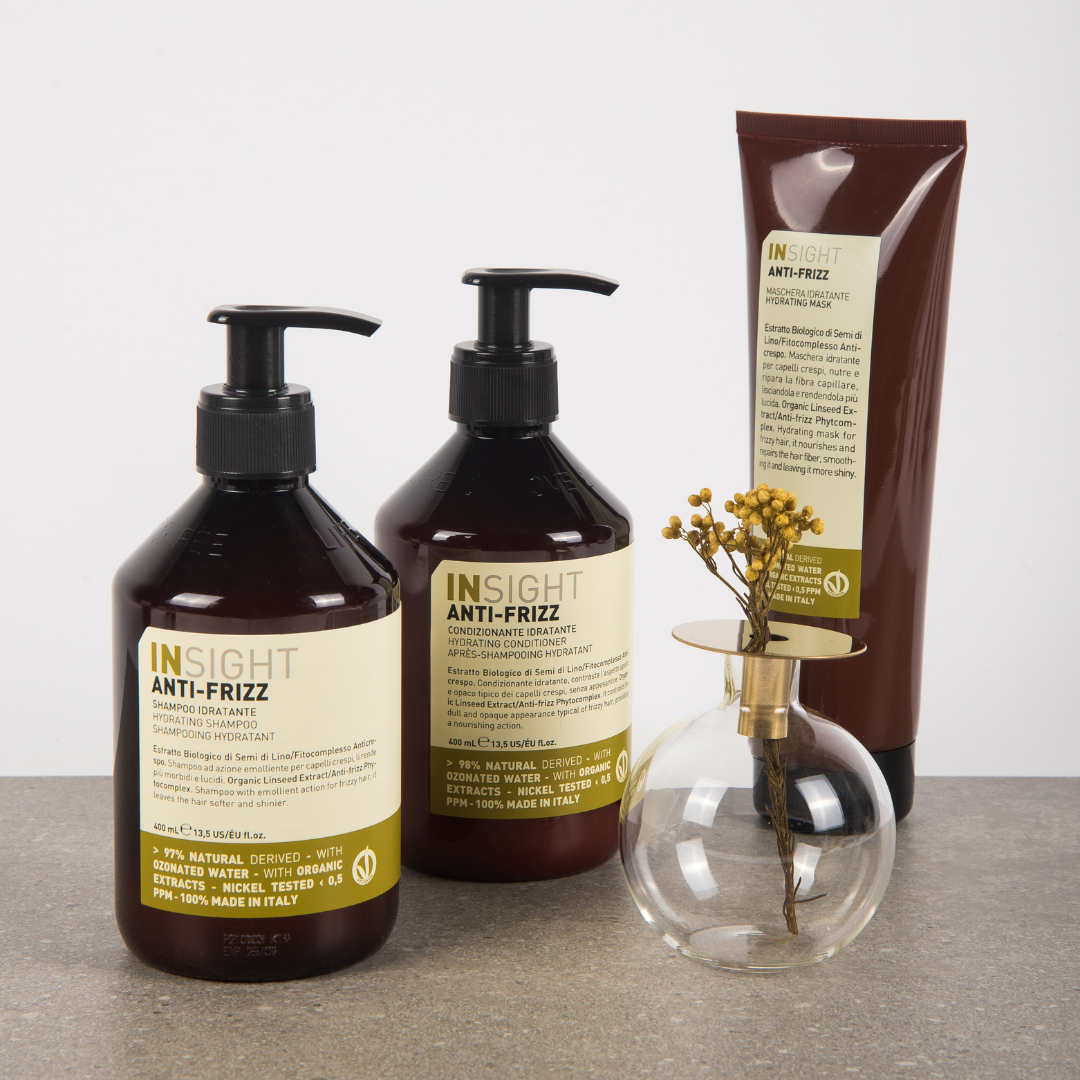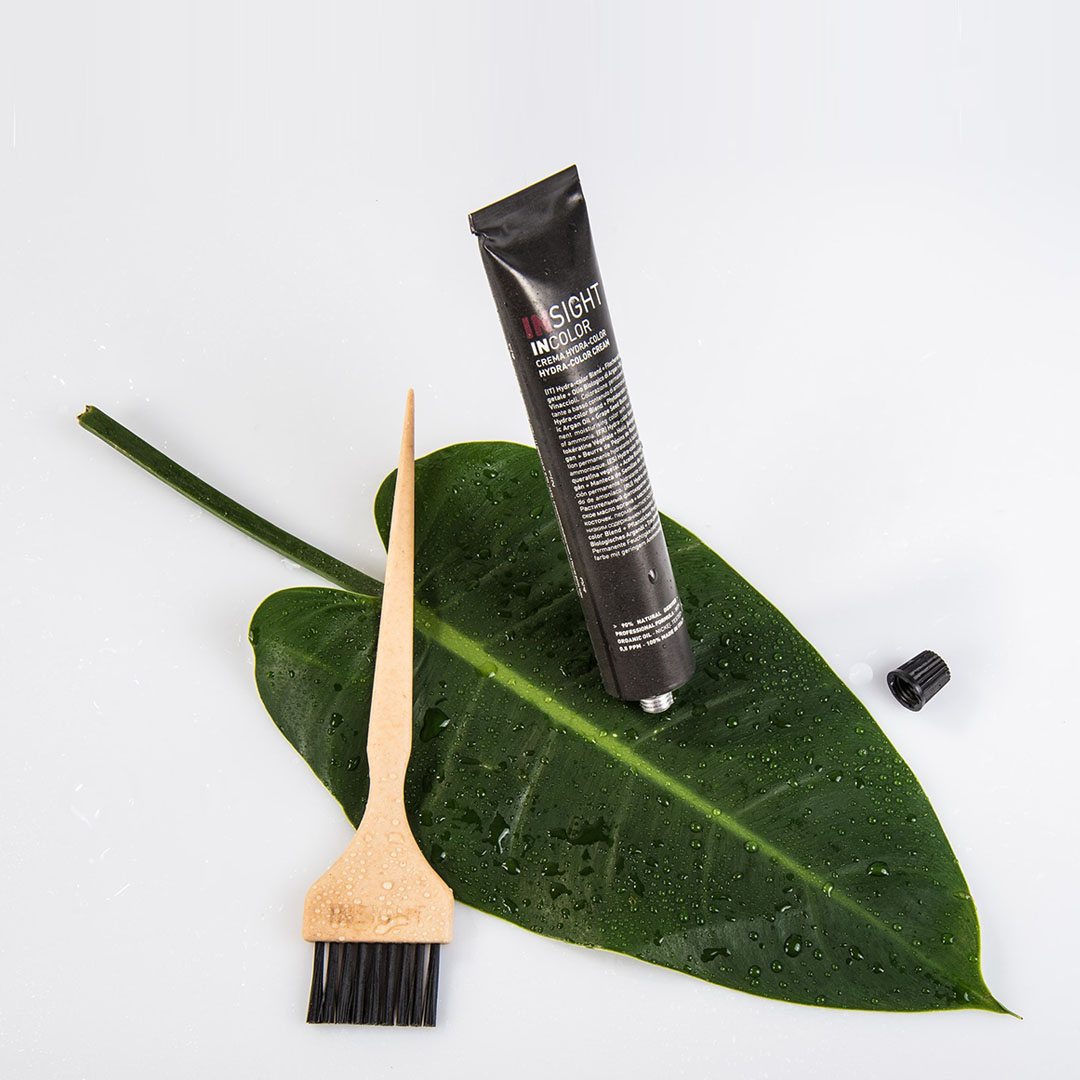Bacteria that is Good for our Overall Health!
Skin Microbiota: what is it, what is skin bacteria and why are they precious allies for our overall health. Find out how to preserve them?
Our skin is only in appearance an even, compact tissue with no cavities. We take care of it daily, to make sure it’s as smooth, blemish-free and firmed as possible. To the naked eye it looks like we’re doing a good job! But on a microscopic level, its real appearance may surprise us greatly. Looking at an optic magnification of our skin, we would see almost a lunar landscape, sprinkled with small craters, and bulges that house sebaceous filaments and hair bulbs, with small scales and raised cuticles. In short, nothing quite like what meets the eye! Hidden among those tiny craters is a complex and delicate ecosystem, populated by thousands of bacteria and microorganisms that tirelessly contribute to the health of our skin and our body.
This synergy is called the skin microbiota, or dermobiota. Each of us has our own microbiota that we carry with us from birth, and that identifies us: it is born with us, it develops in the first years of age, evolves and stabilises with our growing organism, and lives in synergy with our skin, with very few changes over time. Studies on this aspect of the human body are constantly evolving, as there are many factors involved in the complexity of the microbiota.
We are not alone
Bacteria are not the only inhabitants of our skin. Recent discoveries have shown, the presence of mites on the skin of our body and among the skin adnexa. These particular mites are called dermodex folliculorum and live inside our pores, along the sebaceous canals and inside our hair bulbs.
The skin functions as a barrier to the outside world, protecting us from atmospheric agents and pathogenic microorganism. At the same time it is a home for thousands of commensal bacteria. Today we know that the concentration of these bacteria is not the same on every area of the skin. It depends on the greater or lesser exposure to air, humidity and hydration of different skin areas. Different colonies of bacteria are present on different areas of the skin. Moreover, the correlation between the imbalance of the skin microbiota and the appearance of dermatological pathologies, such as atopic dermatitis and psoriasis has been studied. Healthy skin has a highly diversified microbiota.
Why is it important to protect the microbiota?
In the course of our lives, this delicate balance between microorganisms can be altered by many factors, including diet, climatic factors, prolonged medical treatments. The use of certain cosmetics that can alter the dermobiota. A cleanser that is too aggressive and can compromise this balance and thus the integrity of the bacterial ecosystem on the skin. When this balance is damaged, pathogenic bacterial species/external pathogens can more easily make their way into our bodies, taking over our commensal bacteria. This imbalance can also aggravate existing skin conditions, such as dermatitis, psoriasis, acne or rosacea.
To protect our microbiota we can work on our lifestyle and our diet. Another effective way to promote a balanced dermobiota is through skincare: by choosing the right products. We can help the “good” bacteria to proliferate, keeping the skin ecosystem in check.
Ingredients that are good for the microbiota
A great idea is to choose a skincare routine rich in ingredients that help the dermobiota thrive and stay balanced. Here are a few:
• Probiotics: these are microorganisms that favor the well-being of our skin and body, and are already naturally present in our bodies.
• Prebiotics: they promote the growth and well-being of commensal bacteria, acting as a nutrient.
• Moisturizing and protective ingredients: these are critical to ensuring the integrity of the hydrolipidic barrier, and to ensure proper hydration levels. Among these, one of the most important is hyaluronic acid at different molecular weights. This molecule is already naturally present in our body and is able to retain water for ten times its weight, ensuring an optimal level of hydration. A valid help is also given by ingredients with protective and repairing action, such as antioxidants.
One last important tip? Choose a cleanser with mild surfactants , to clean the skin effectively, without affecting the hydrolipidic barrier and its microbiotic balance. Thus avoiding excessive water loss and imbalance of the skin microflora.










